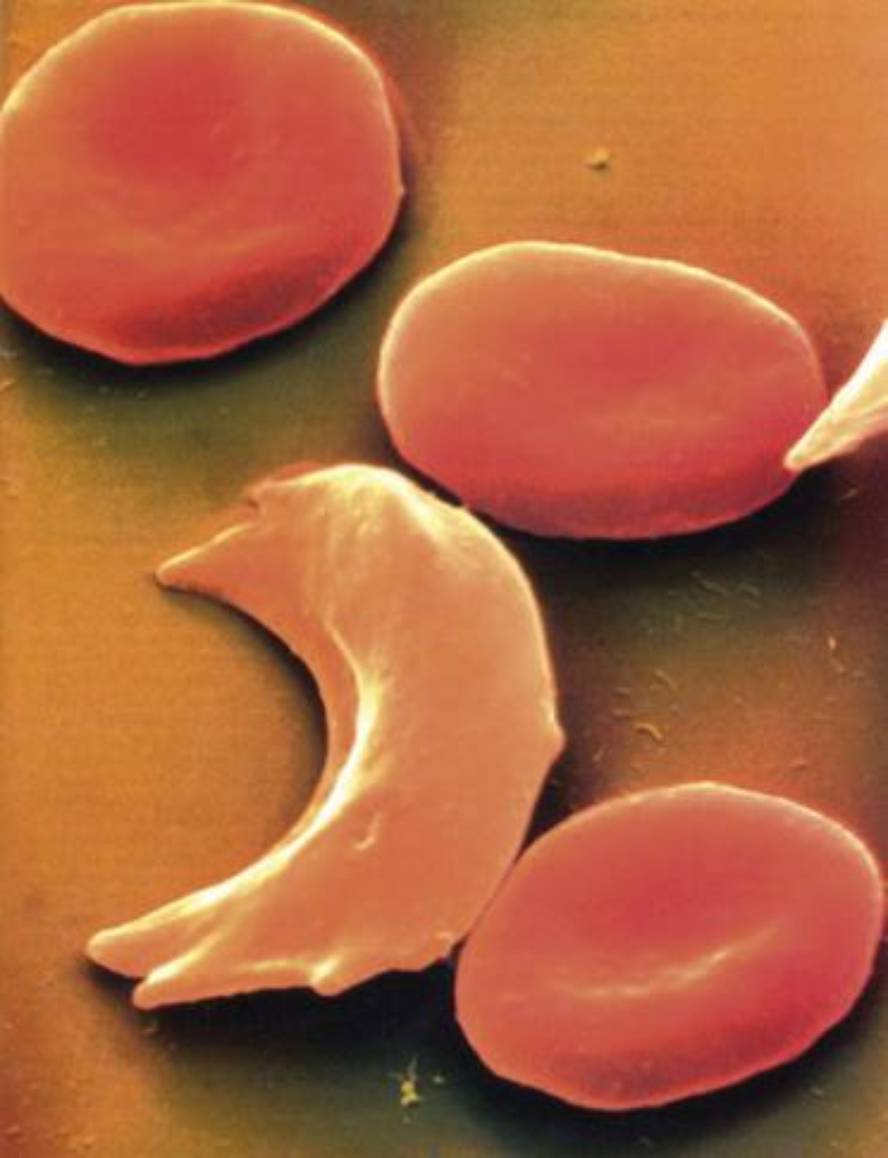Rejuvenated hemoglobin to cure sickle cell anemia
Some US researchers believe gene therapy may be helpful in treating sickle cell anemia.
Sickle cell anemia is an inherited disease caused by mutations of two genes related to hemoglobin production. Mutations produce defective hemoglobin and red blood cells are sickle-shaped. This is precisely the most prominent feature of the disease.
The therapy they now propose is based on another characteristic of the disease: the symptoms of the disease appear after 6 months of age. In fact, until then they have a new version of hemoglobin and the genes that control it have no mutations.
Therefore, researchers from the Howard Hughes Institute of Medicine and Harvard University have identified the gene called BCL11A. Because this gene eliminates fetal hemoglobin, they thought that with their silencing, red blood cells would have fetal hemoglobin and that it could be a good means to treat sickle cell anemia.
Thus, they have carried out experiments with mice. Soon after the mice were born without that gene they were dead. By silencing the gene only in red blood cells, they produced red blood cells with fetal hemoglobin. In particular, 30% of red blood cells had fetal hemoglobin, which drastically reduced the symptoms of sickle cell anemia.
According to researchers, hindering the expression of the BCL11A gene in red blood cells can be key to curing people with sickle cell disease. However, it has been recognized that there is a great distance between mice and people, and that more research will be needed to treat patients.






